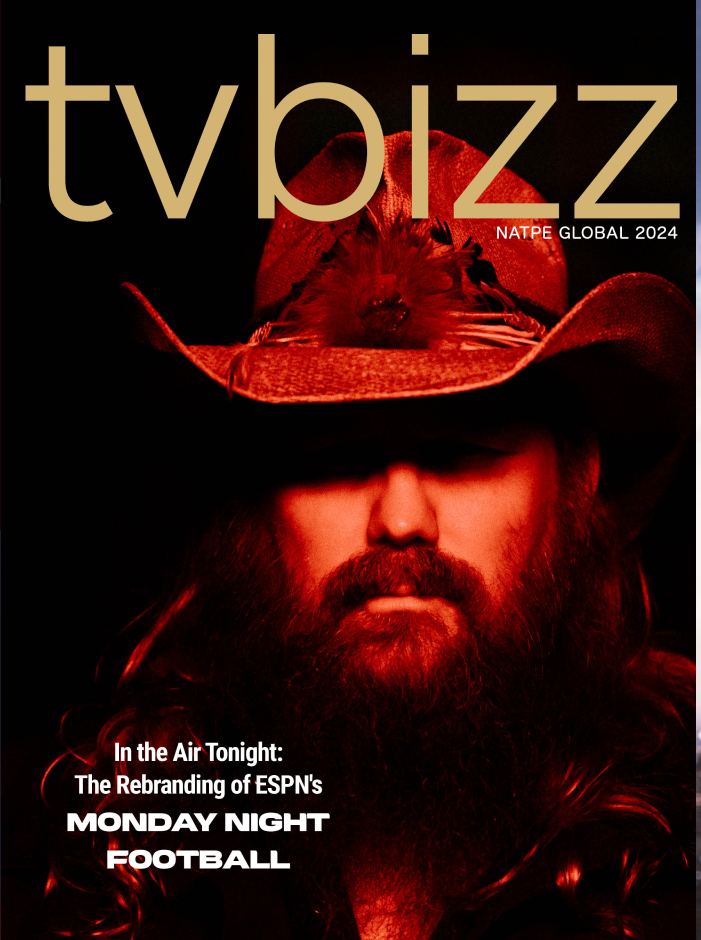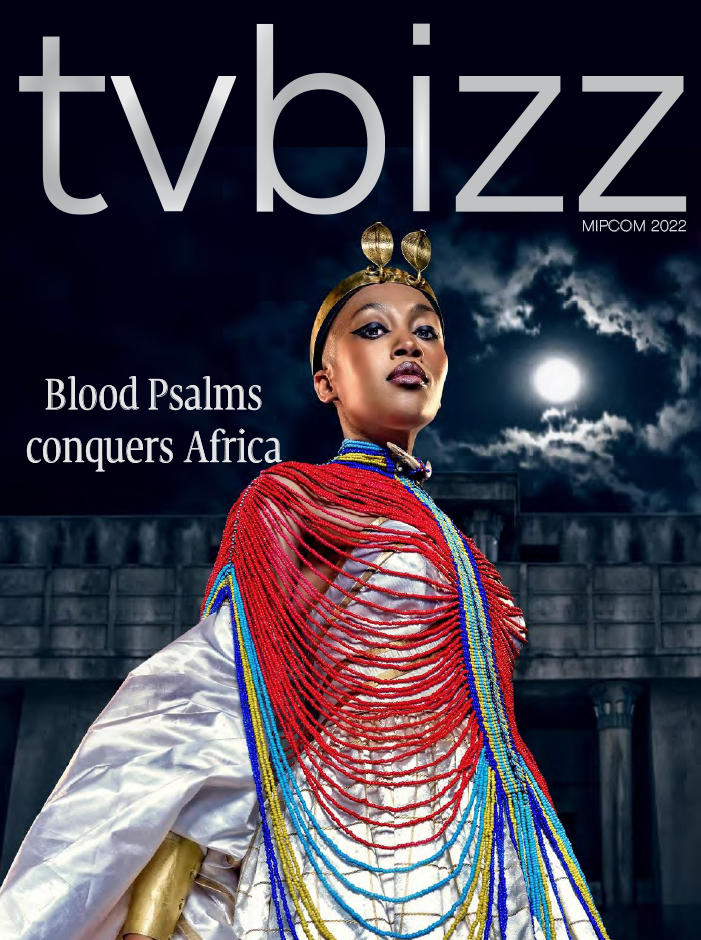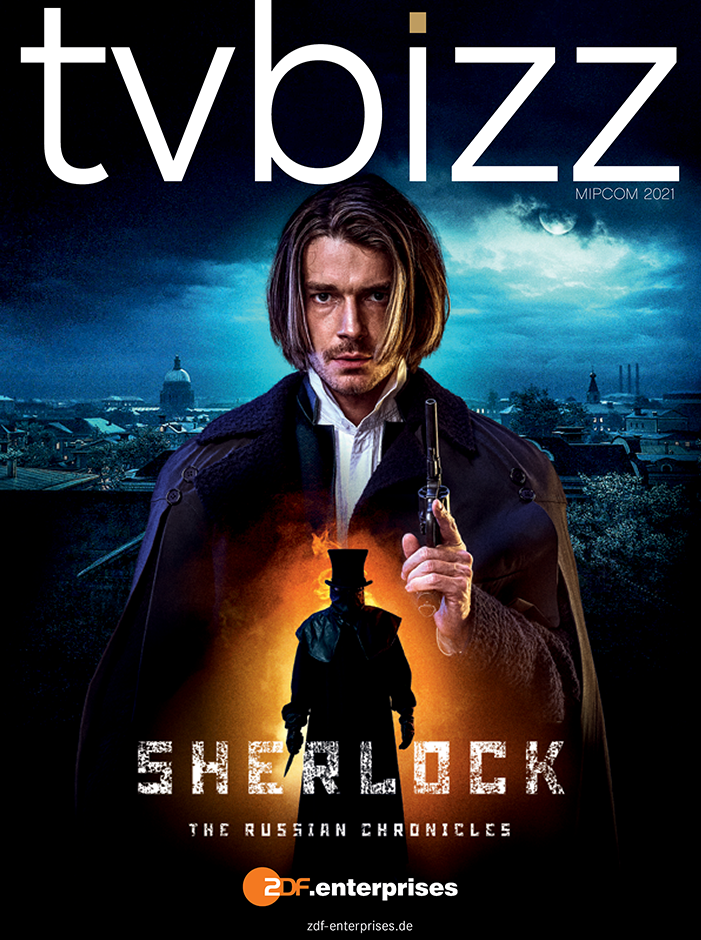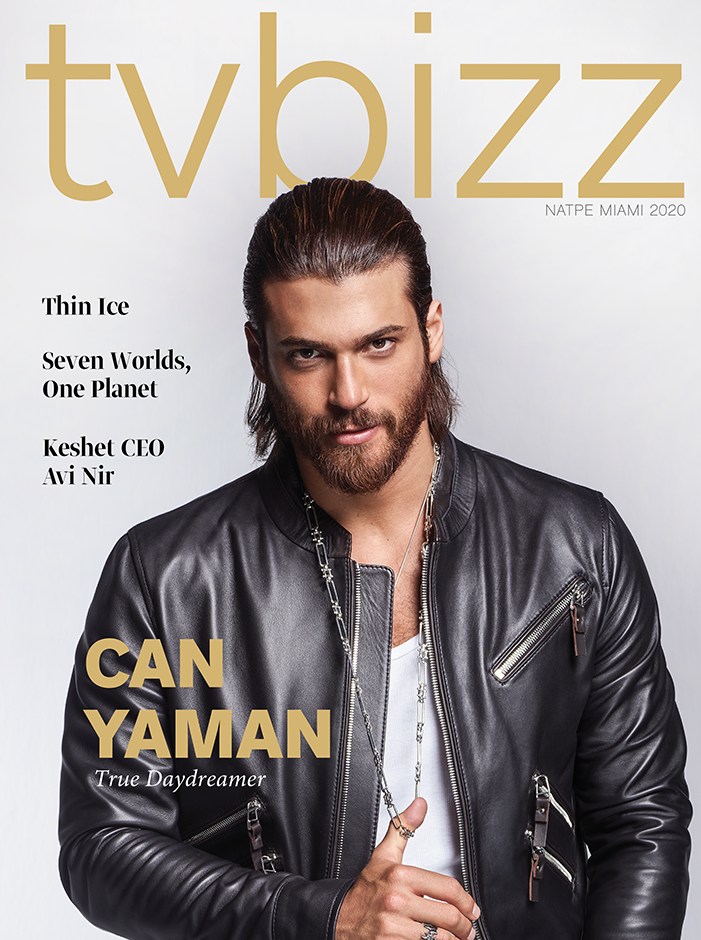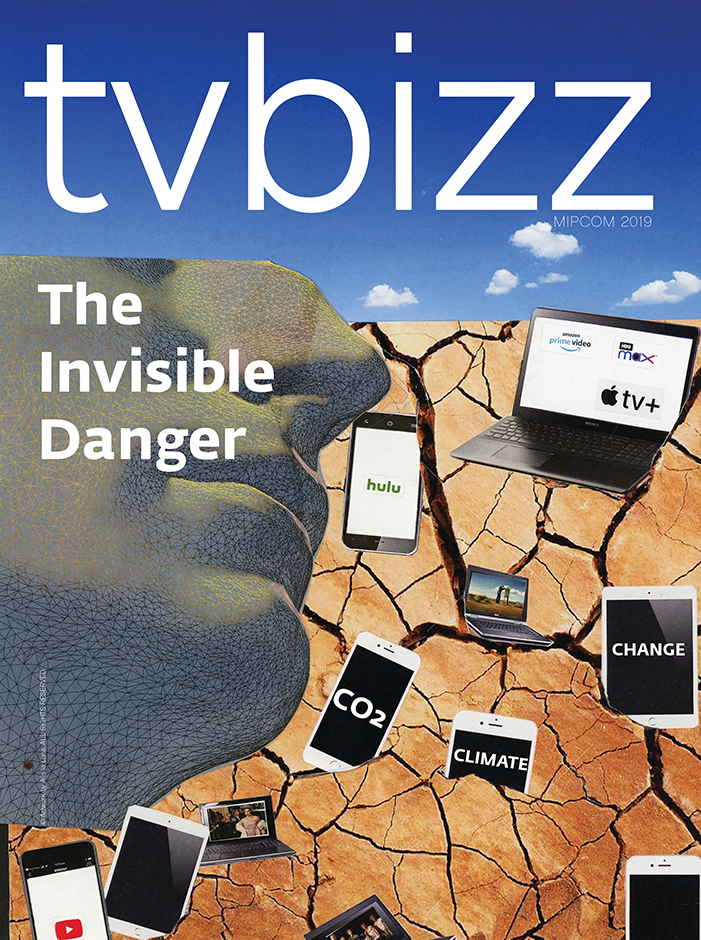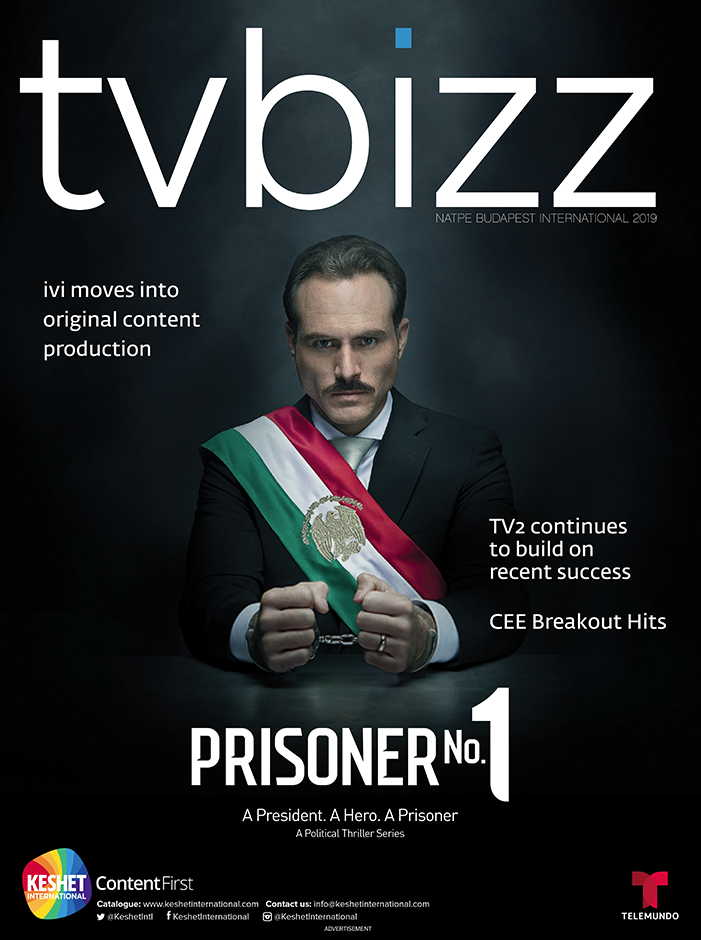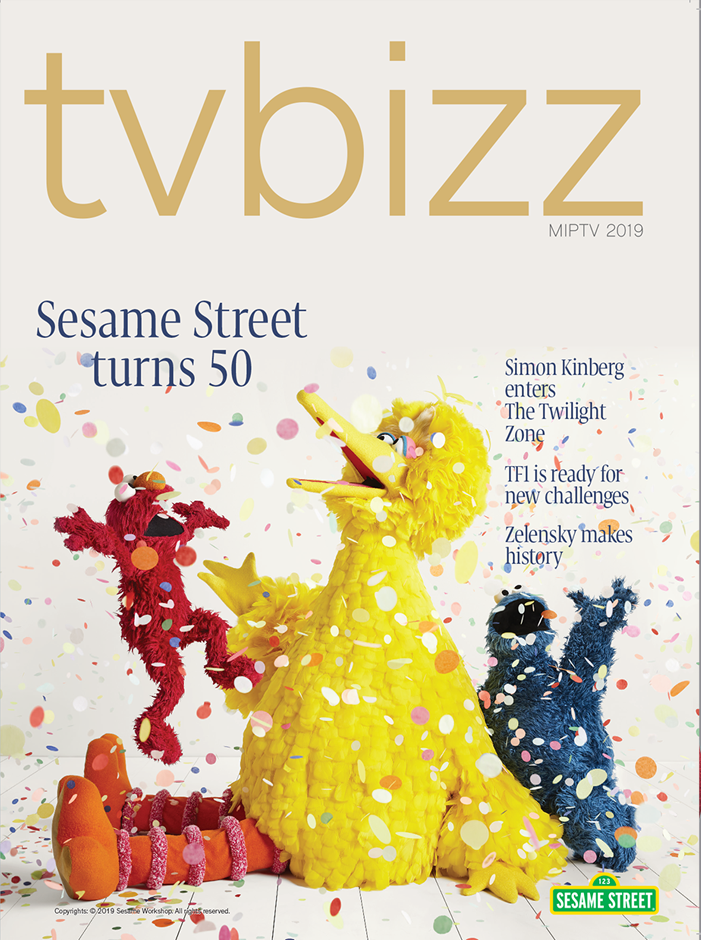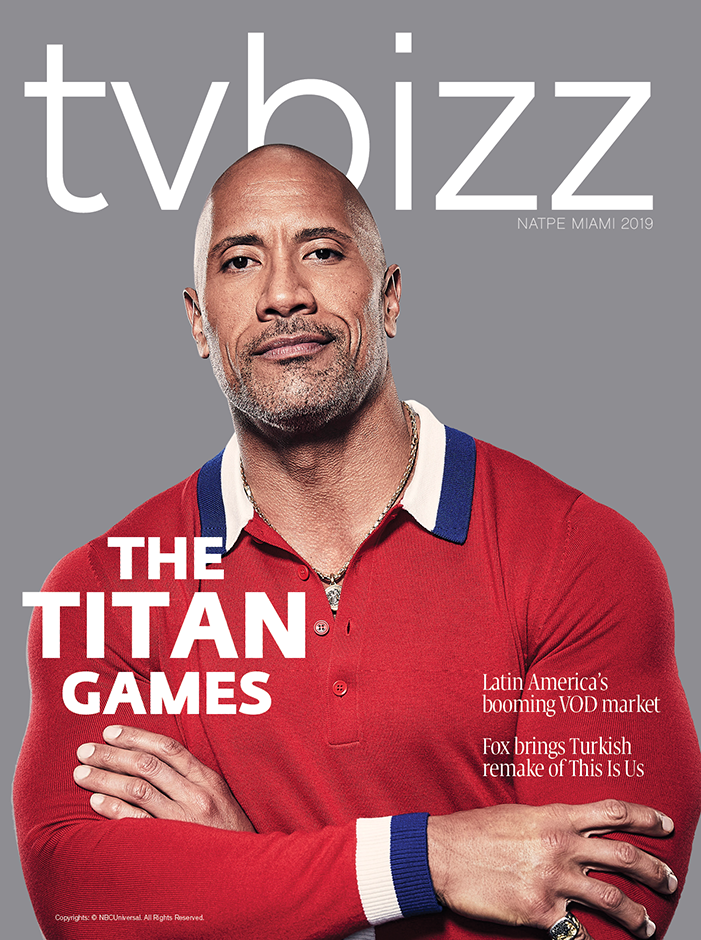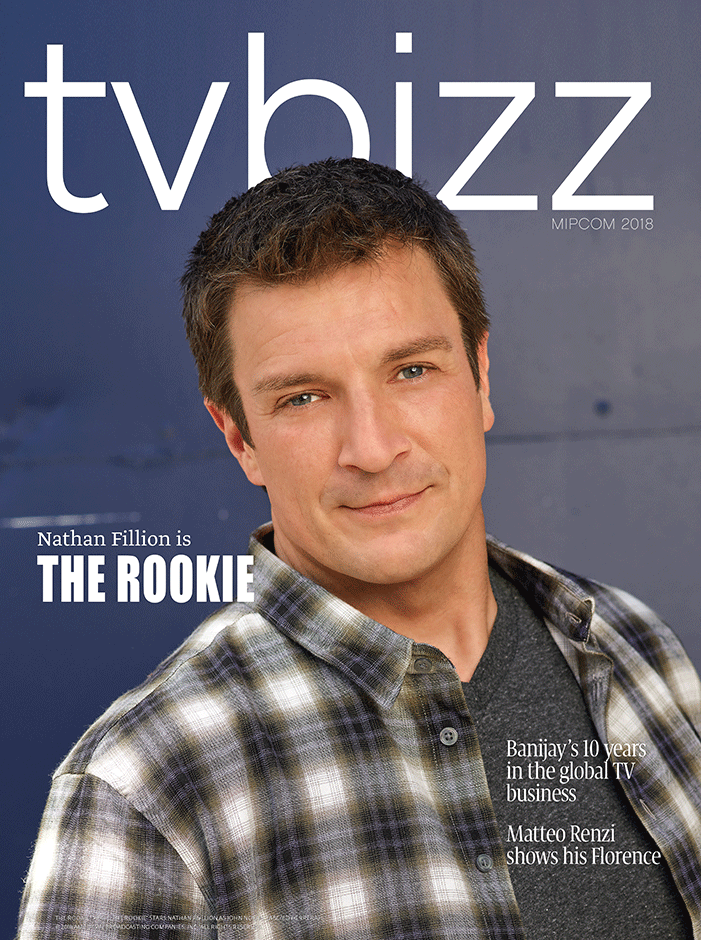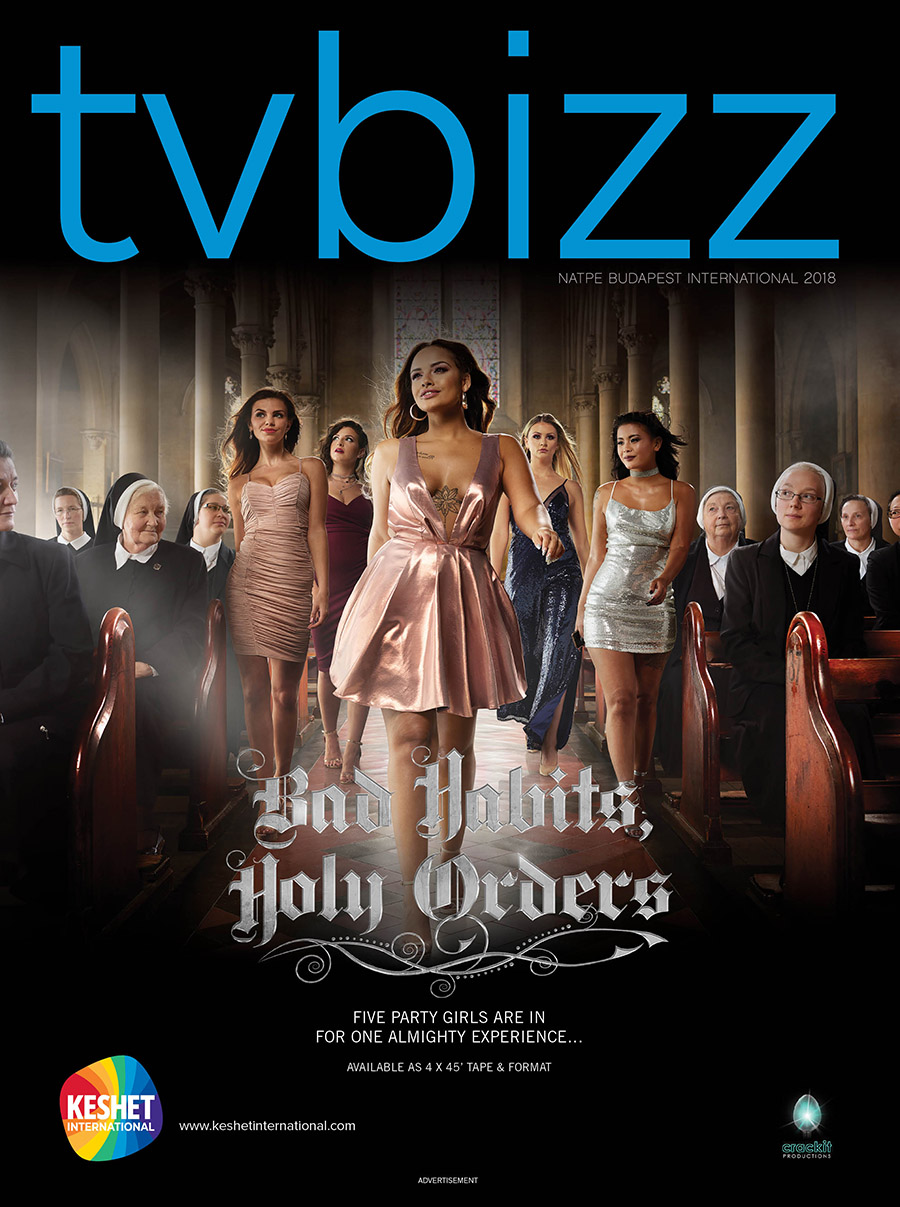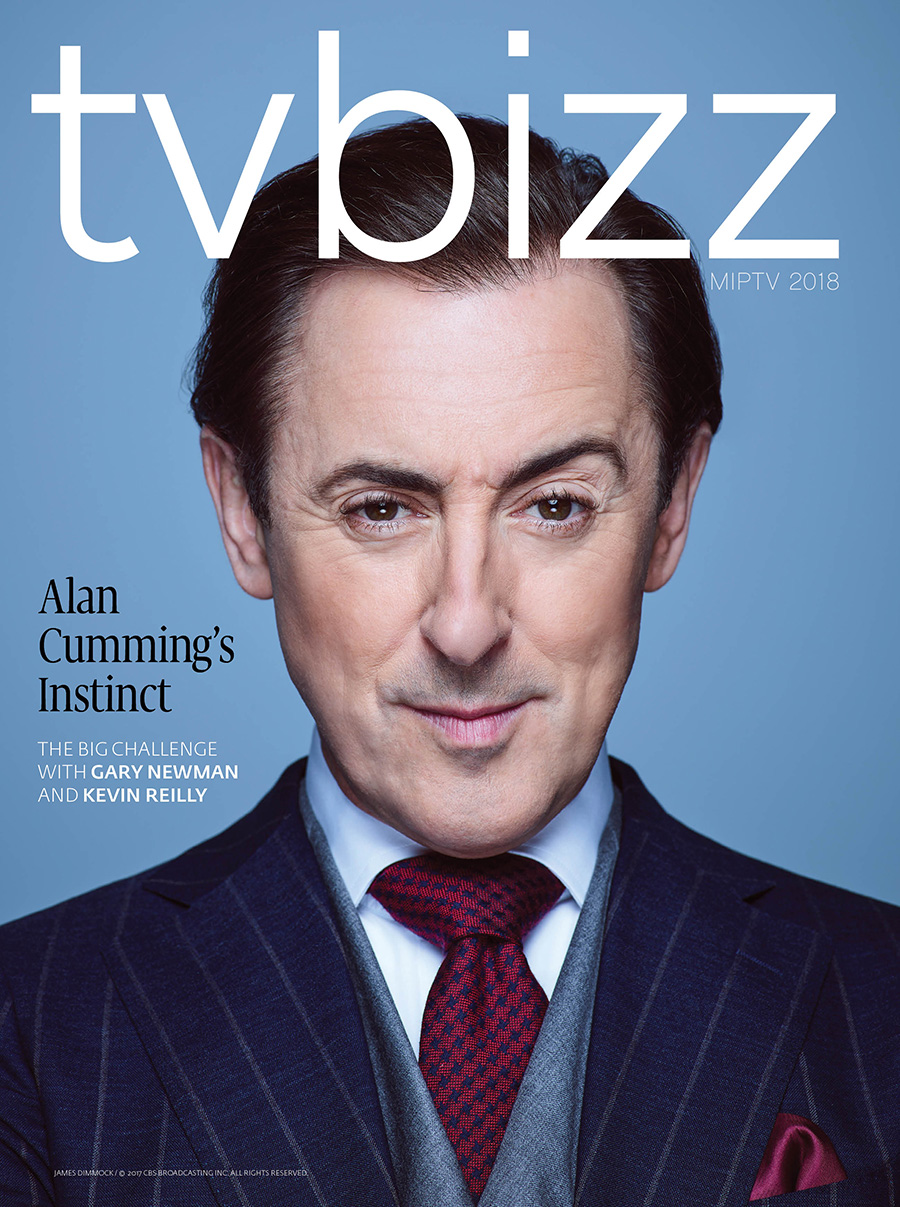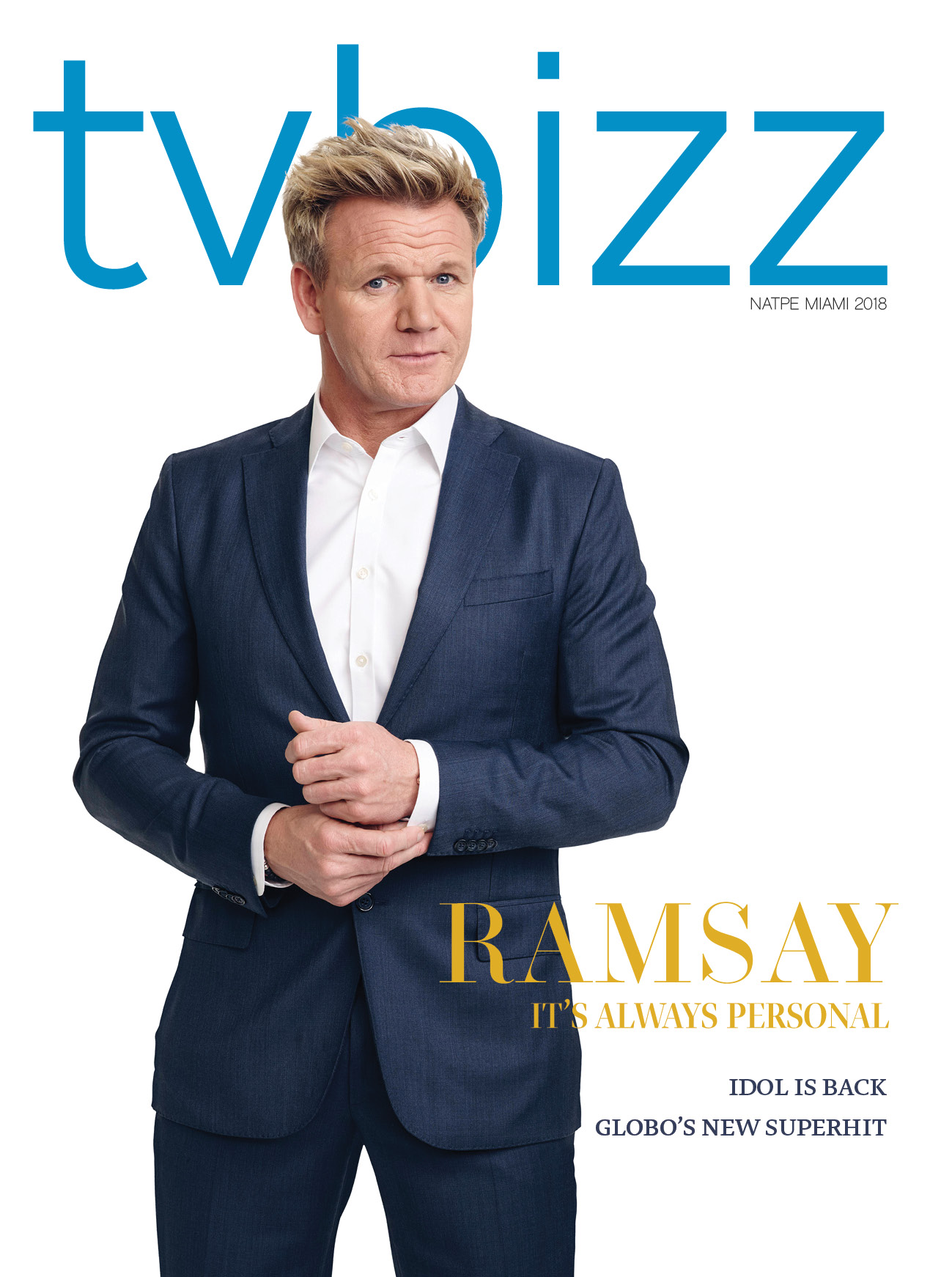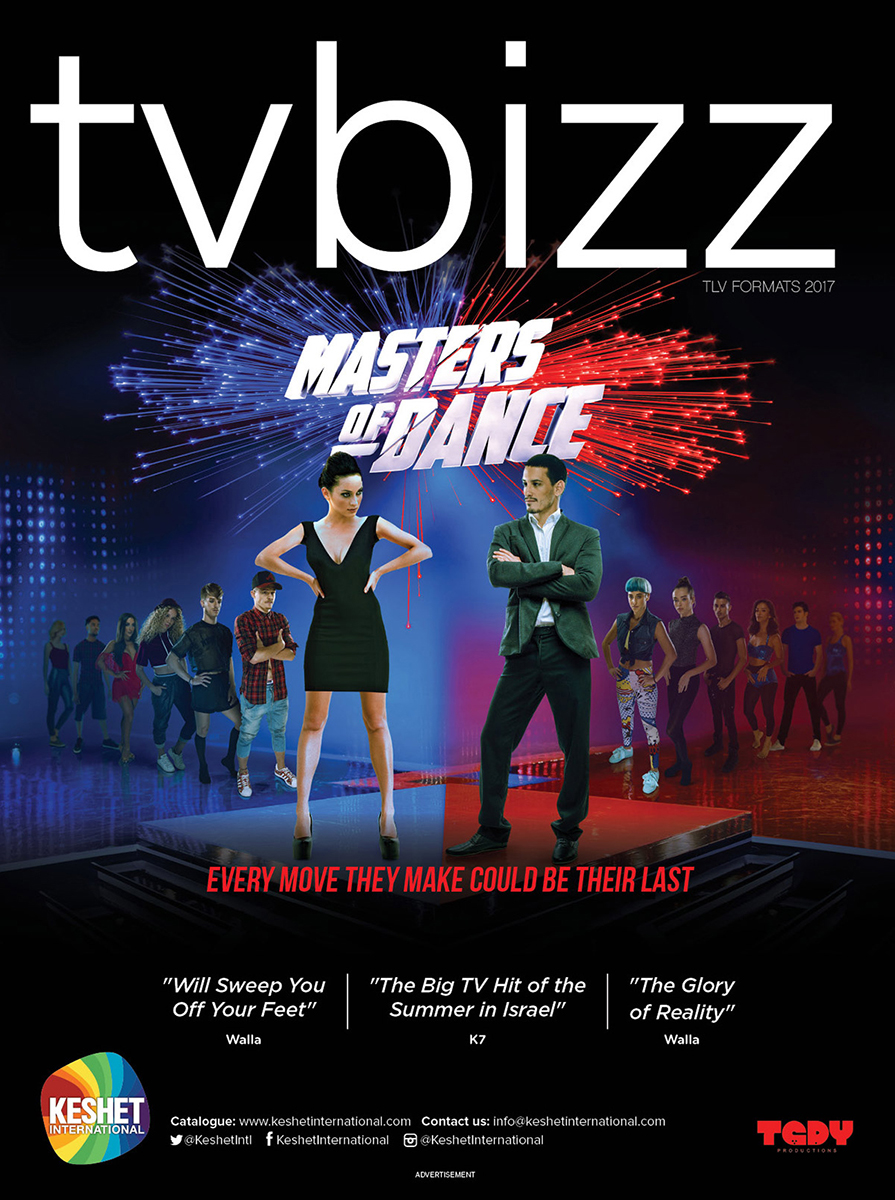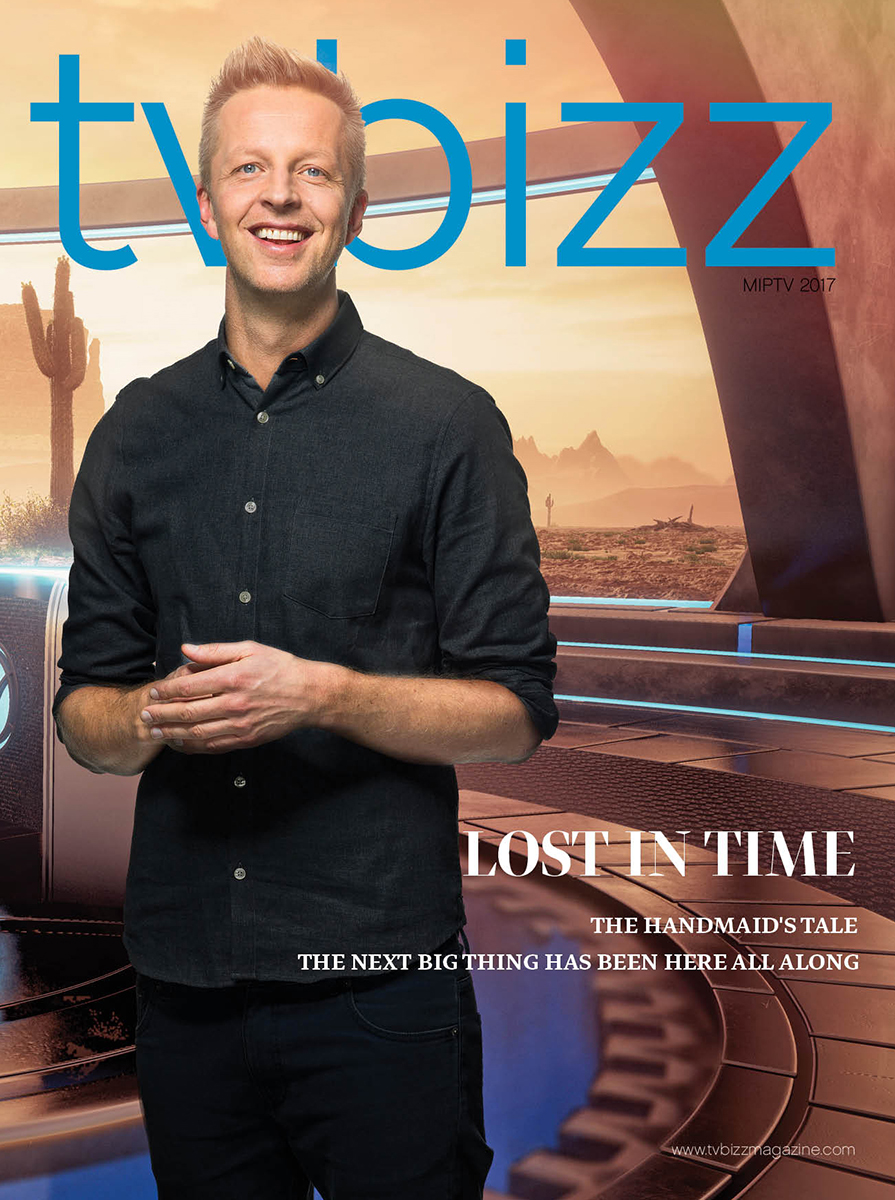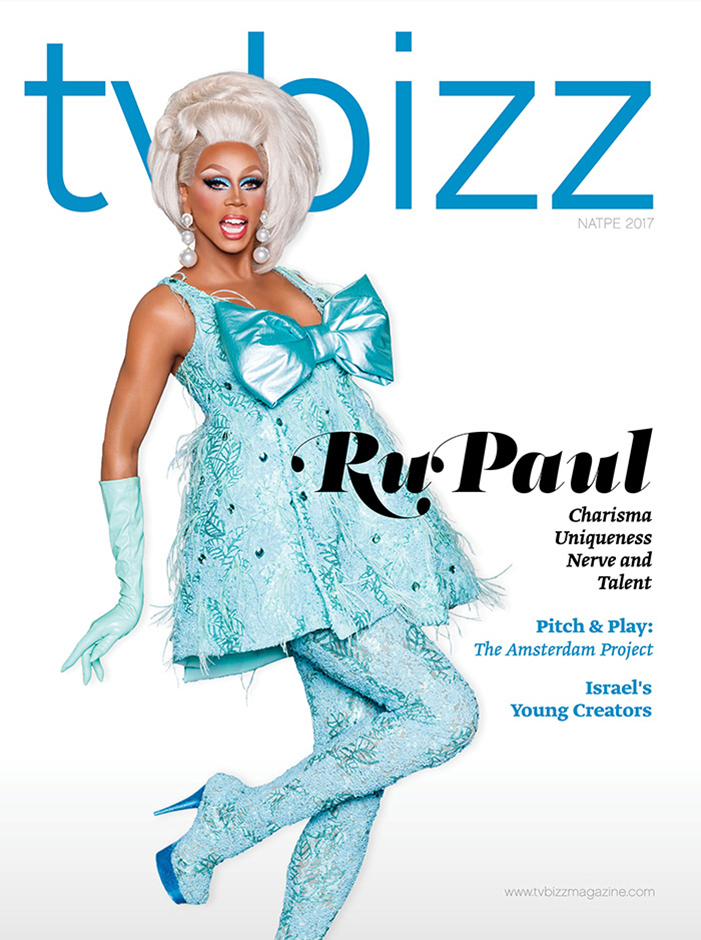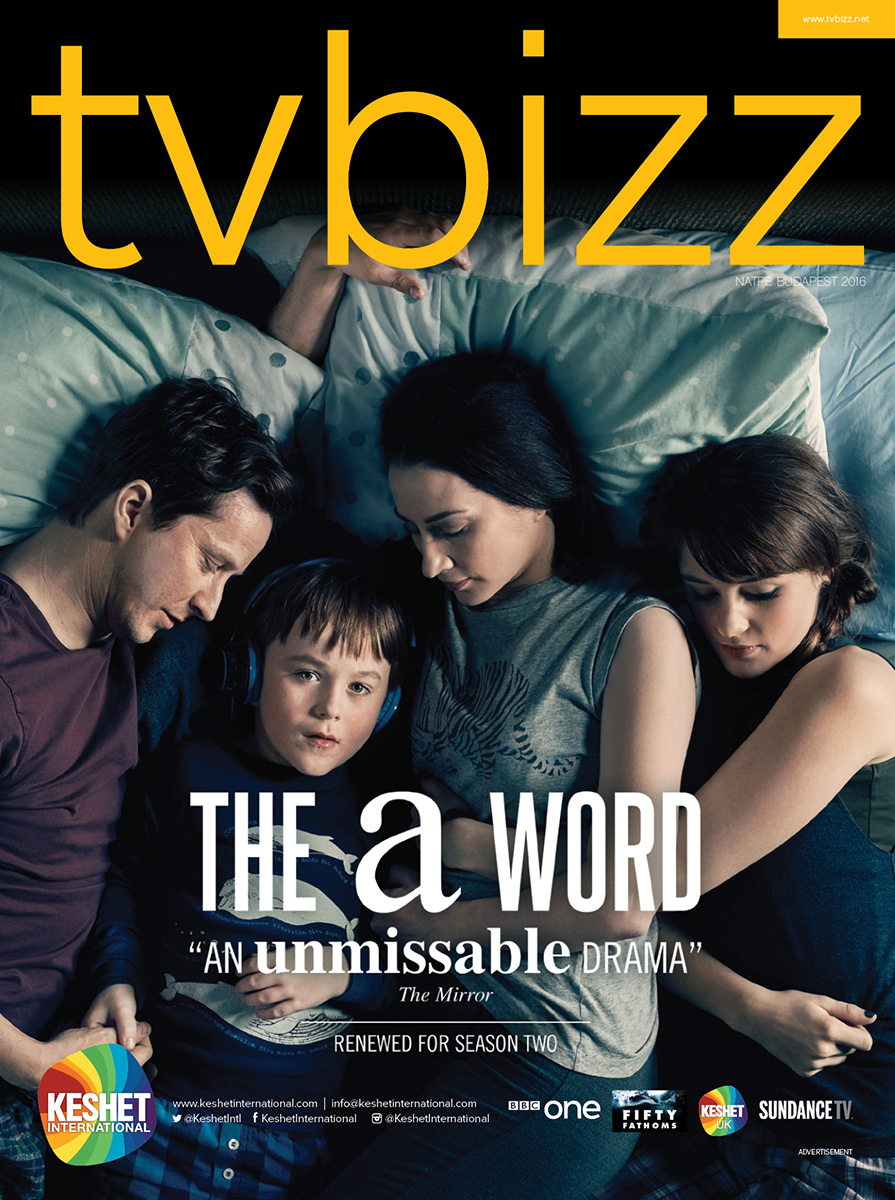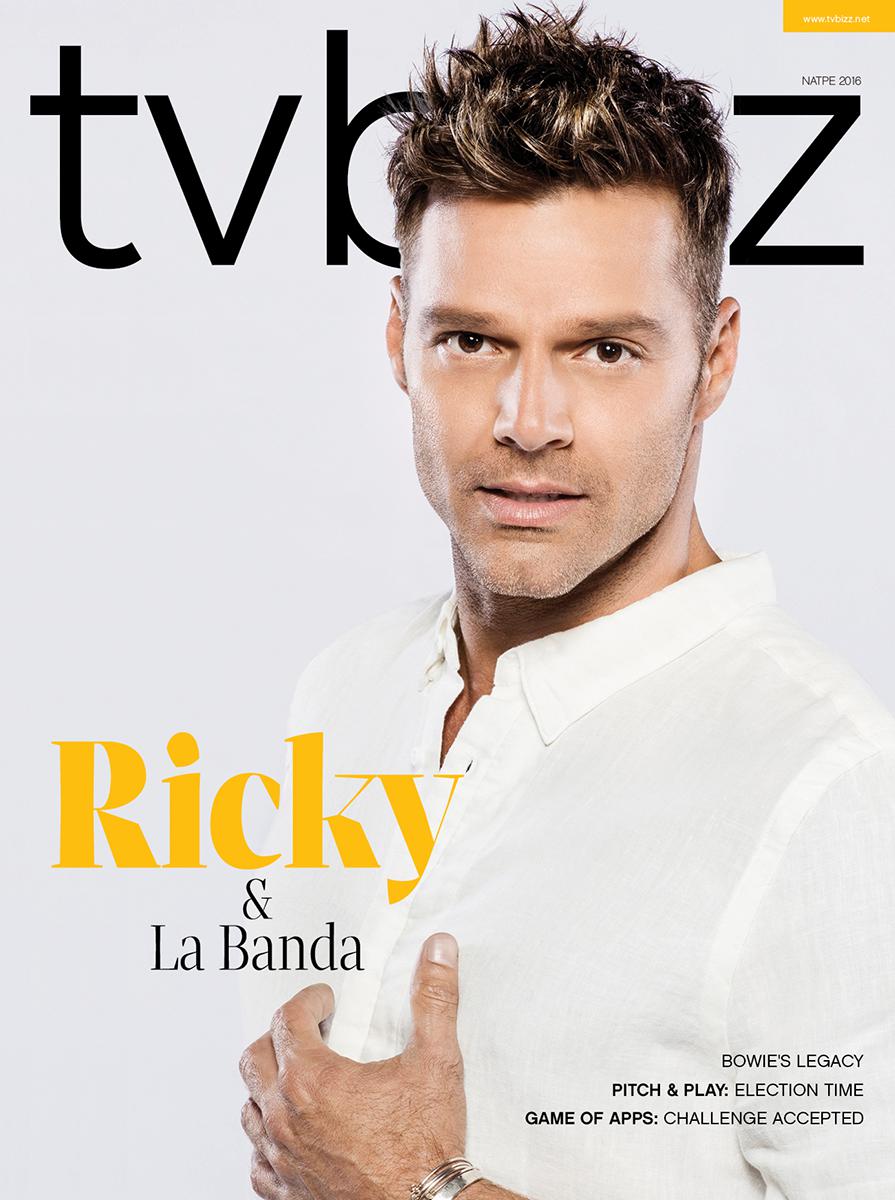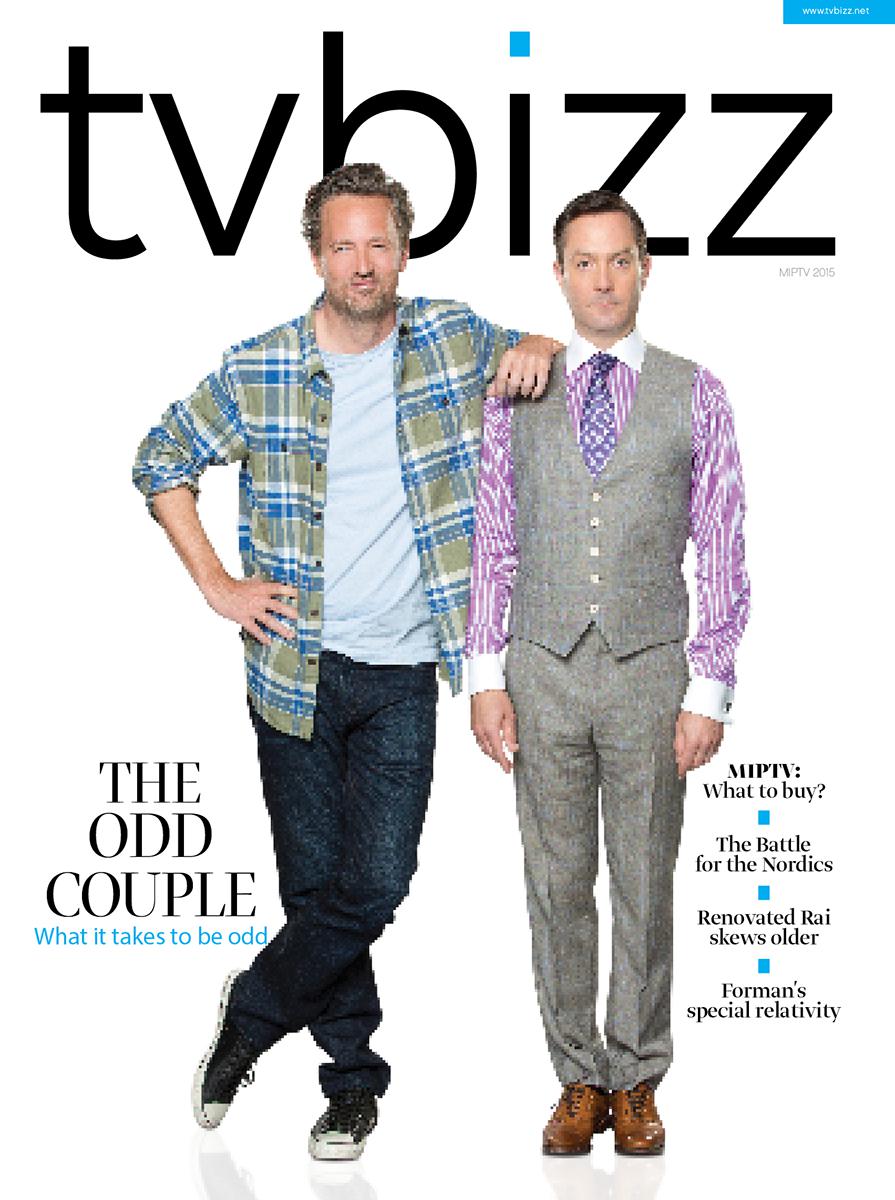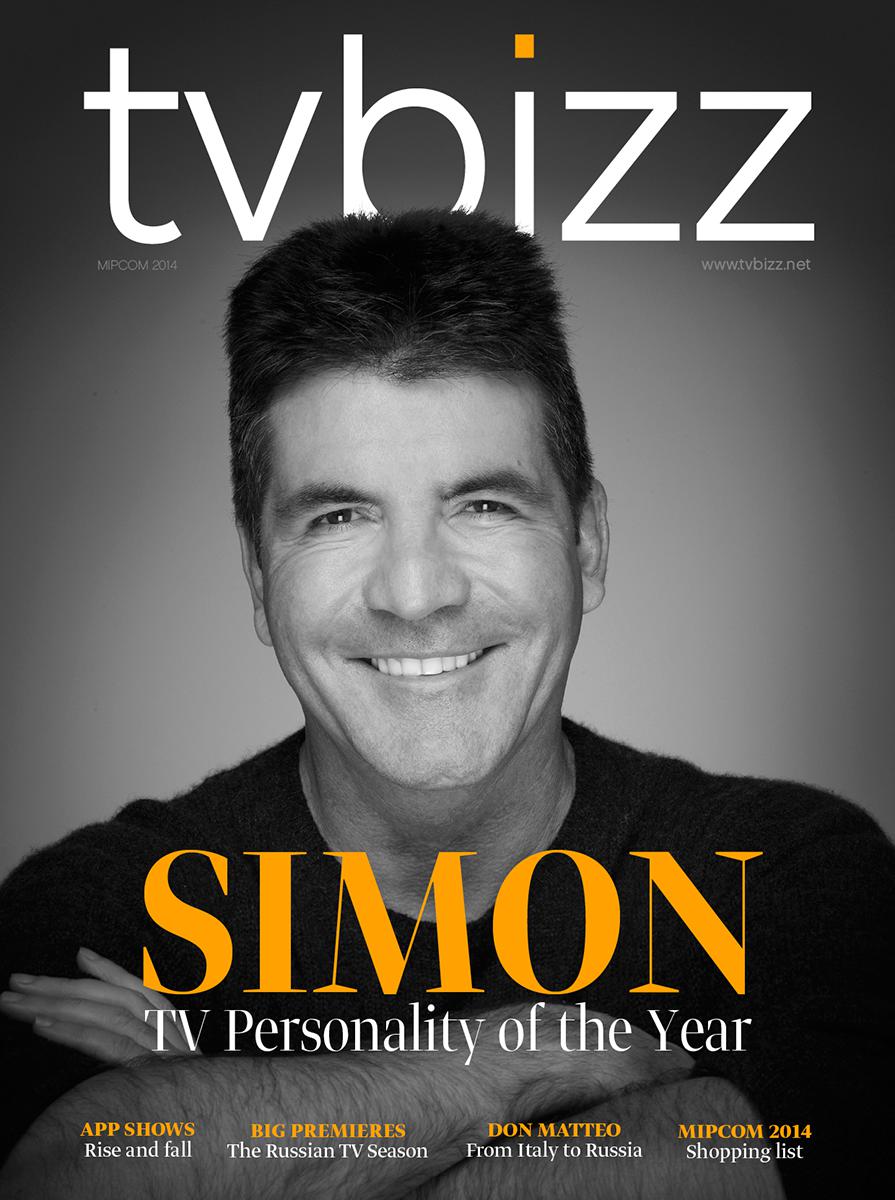

Avi, congratulations on your latest deal with US network Fox for The Final Four. Will this show turn into ‘the next American Idol’?
We are definitely in the main stage of TV content, and in the most crowded space as well. We are proud of the fact that Fox has taken a risk by picking The Final Four instead of focusing on something they have seen work time and time again. Nevertheless, we are in the business of not knowing, but we do know one thing for sure. In order to push the industry forward and create new ways of storytelling, you need to have the courage to take risks.
What are the main elements of The Final Four that you think will lead to its success on the international market? What are its advantages compared to other talent shows?
The Final Four takes the most loved elements of singing competitions and puts a unique twist on it. For example, looking around you can see that people love auditions. There are always new people with new emotional stories that viewers can relate to. For existing shows, this is a very small part of the format and it always happens in the beginning. We found a way to take the audition process and make it the whole show. In The Final Four, each episode will feature auditions.
Another element that will lead to the success of The Final Four is the non-linear structure of the format. The linear timeline has become very predictable and shows are losing their viewers become of it. The structure of The Final Four allows for drama to happen every 15 minutes, keeping viewers on the edge of their seats throughout the whole episode.
The Final Four was launched at MIPTV 2017 and has already been sold to several countries so far - the United States, Russia, Italy, Spain, France and Norway. Which will be the first country to launch the show? What other territories are you negotiating with?
We believe that Russia and the US will be among the first to launch the show. We already have deals in 10 territories and following Fox’s announcement; we are negotiating a few more.
You have sold so many formats to so many countries around the world. Everyone in this business says that the US market is the one that really counts and drives sales worldwide. Do you share this opinion and what does your experience show? How hard is it to sell a show to a US network nowadays?
As a global company, we put an individual emphasis on working with each of our clients. Every territory has their own needs. Every territory has their own budget. So it is very important that you have a saleable show.
That being said, for sure the budgets in American productions are the biggest and therefore, bring the best production value.

Nehama, you are among the creators of The Final Four. How was the idea for the show born?
After working and creating together for many years, the development team has this incredible dynamic. On one of our intense creative retreats, we threw around a lot of ideas as we focused on the needs of the market. We know that primetime shows are always in demand and that singing competitions are relatable for all viewers. It is a space we have wanted to explore and put our unique spin on for a while. We knew it was risky but at Armoza Formats we like a challenge. Once the idea sparked, it took off and grew into what is now The Final Four. We knew straight away that it was the one.
How long did it take you to develop the full concept and elements of the show?
One of the strengths of Armoza Formats is that we are a small and independent company with a quick turnaround. The original process took around two months. While we were fully developing the concept of the show, we worked on the creation of the pilot. After the pilot, we continued to finalize the details, taking all of our learnings and putting them into the bible and the concept of the show.
This show seems to go against the logic of ‘traditional’ talent shows. Why do you think this makes it interesting for the viewers?
Though the show seems to go “against the logic of traditional talent shows”, it actually maintains all of the most loved aspects of singing competitions just with a unique twist. Not only as creators but also as viewers of these shows, we felt that the linear timeline has become very predictable and the big shows are losing their viewers because of this. For example, viewers expect that the elimination will only happen at the end of the episode. We don’t believe in presenting more of the same and we believe that the audience will love this format as anything can happen at any time.
We see in the numbers how much audiences love auditions. Normally, this process is very small, yet very emotional and draws people deeper into the show. We found a way to make sure that the auditions last all season, and will let viewers follow the final four through the emotional highs and lows. The fact that this lasts means that you can always jump on board. If you are sitting at home watching from your couch and you feel like you deserve a chance to be part of The Final Four, you still can. When the auditions are all the start, you never get a chance to get involved after or know who your competition is.
Another thing fans will like about the show is how direct it is. The fate of each person rests in their own hands as they must decide what to sing and who they would like to compete against. Normally, it is the judges who pick but this new take will place the power in the hands of the competitors, making it much more passionate.
Actually, does television still need big talent shows?
Definitely. At the end of the day, people like to sit with their family and friends and be entertained. People love the emotional connection that these talent shows provide- both with the contestants and each other. There is so much variety on TV today but at the end of the day, you continue to see these big talent shows. They have become a pillar of what TV stands for.
Armoza has built its reputation selling third-party formats but now it is selling more and more own concepts. How big is your team and how does the magic of creating a new show happen at Armoza?
Four years ago when I joined Armoza, Elwin Vizetelly de Groot, Senior Creative Director, had already been part of the team and luckily, we hit it off creatively. Moshiko Cohen, Senior Creative Director, joined a year later and now we work in this incredible team. Recently, Avital Epstein, Development Executive, has joined our team as well, providing insight on new creative spaces and fresh ideas about digital platforms.
The company as a whole is made up of very creative people. Avi, as a boss, helps to foster our creativity and always takes them to the next level- whether during our creative retreats or by making ideas even bigger.
What would you say are the most important elements of a format which could turn it into a huge hit?
There are three main elements I believe a show needs to have to turn into a huge hit. The first is that it must be based on truth. When developing a new show, we always think to ourselves, “What is the truth in this?” When you figure this out, you have also acknowledged what will make it relatable to viewers and how it will remind people of real life.
The second element a format must do is to bring a unique point of view. There are so many out there that many end up lost in a sea of other formats. To become a big hit, you must be distinctive and creative in a way that will set you apart. If you don’t have something different to say, you probably won’t be heard.
The third element is to keep it simple. If you can’t explain the show in a sentence, then you have a problem.




